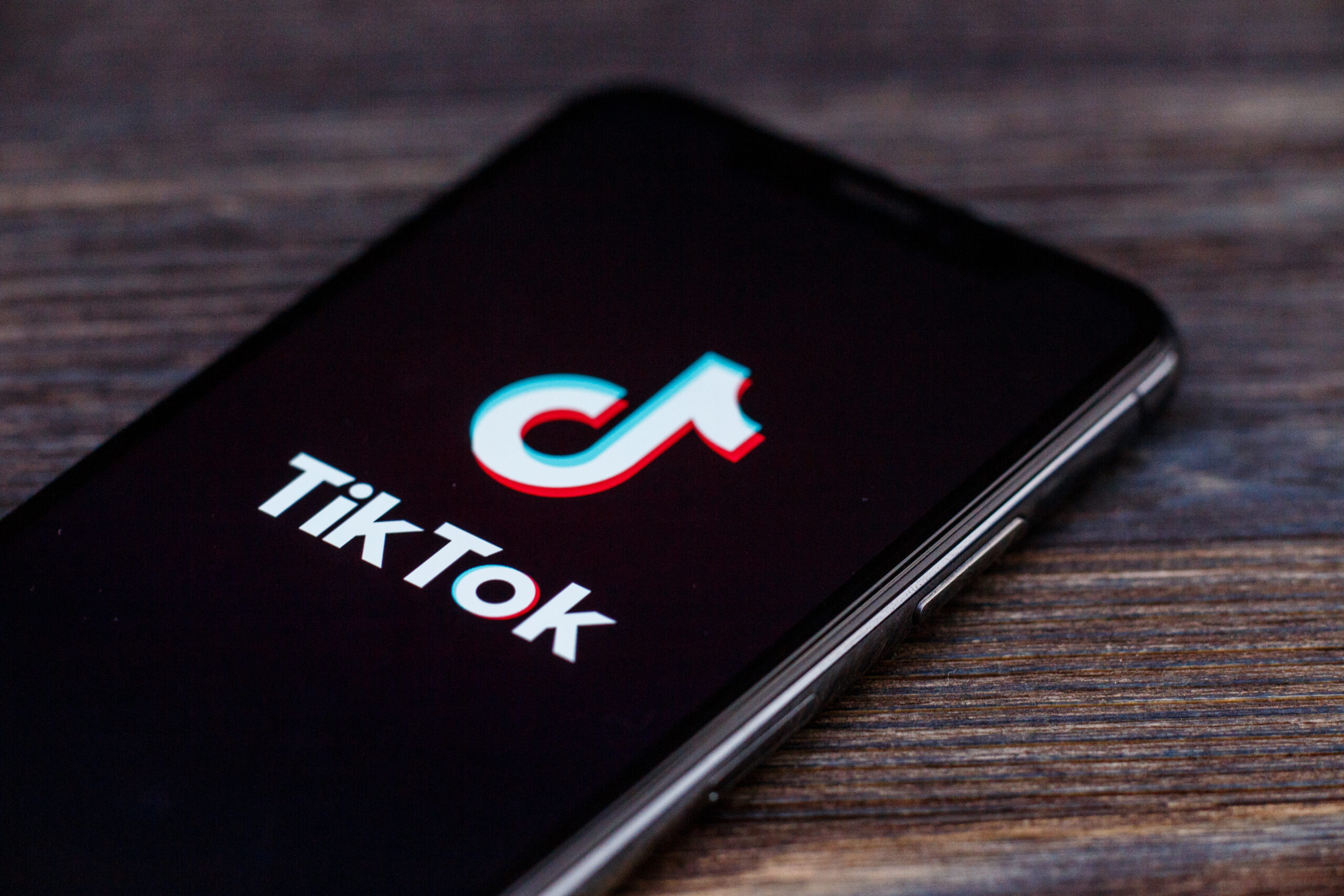In what has generally been viewed as bias against certain groups of people, TikTok’s AI Meme Maker filter is making headlines on social media with its fatphobic memes. The tool has reportedly ridiculed some users based on their weight.
The boom in generative AI, spurred by OpenAI’s ChatGPT, has created competition for online platforms, prompting them to come up with ways to stay ahead, attract users, and consolidate their market share.
Social media platforms like TikTok have been forced to be creative and come up with interactive filters that use AI technology for content creators. TikTok has released several AI filters, although some have been accused of being “brutal” and making “fat-shaming jokes.”
Also read: The EU Considers Stricter Rules for Large AI Models like GPT-4 in New AI Act
Wild, Wild West filters
While TikTok claims that all their filters are assessed for safety before they are released to the public, it seems some of them are just “wild” and biased against certain groups of people.
The AI Meme Maker filter is reported to be one of the new filters that is biased against plus-size people with nasty comments. According to a report by DailyDot, several TikTok users have posted memes generated by the AI filter with captions that are purely based on their weight.
“Wow, this quarantine has really messed up my summer body,” was the caption after a woman uploaded her picture for a meme using TikTok Meme Maker.
Another user added a “when those skinny jeans finally rip at the seams” caption to her photo as well.
In another incident, another woman said, in response to her picture on the beach, that the filter captioned it “looks like we need a bigger beach here.”

The fat-shaming filter
According to the DailyDot post, several women who commented on the posts highlighted above said the filter found ways to fat-shame users. One Tik-Toker, Abby Morris, a performer who mainly focuses on representing the plus-size community, called out the filter as fatphobic.
“They’re all just like fatphobia. Like every single one,” said Morris about the memes created by the filter.
“Sometimes when the person is not even fat, but a lot of time’s when they are. And that is really sketching me out,” added Morris.
This is not the first time that generative AI has been accused of bias against certain groups of people.
The AI bias
A recent study revealed the technology is biased against non-native English speakers. In this case, AI detectors were used to distinguish essays that were composed by AI from those done by humans. Unfortunately, the AI detector said essays that were done by non-native English speakers were AI-generated, which was false.
In another case, the tech was also accused of perpetrating racism by altering people’s images, with one striking example involving an Asian student whose image was transformed into blue eyes and blonde hair to make her image look more professional.
The DailyDot article highlights that although generative AI models may be biased or prejudiced, this should mean “we need to regulate and more closely train AI to be in line with the society we want to live in.”
However, some users enjoy the “inappropriate” jokes and have clamored for the filter to be returned to the platform after TikTok removed it. Upon returning it, the social media platform warned that “AI Meme Maker may not always provide appropriate or relevant suggestions.”










 and then
and then